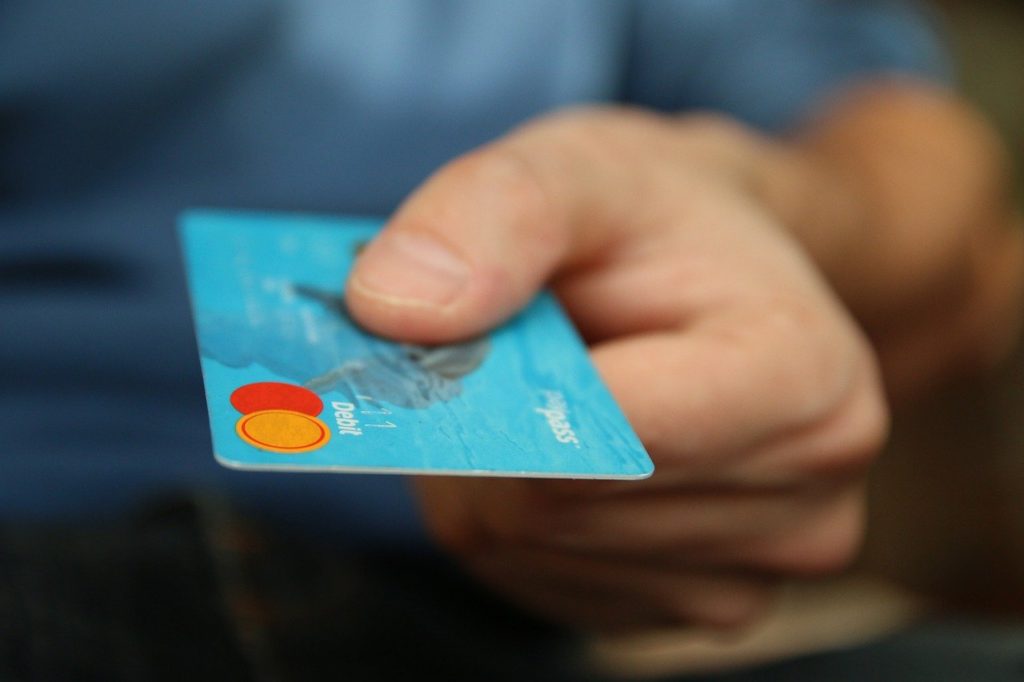If you are planning to take out a personal loan, having a high credit score makes a big impact, often being the difference between getting a loan approval or not. Luckily, there are several ways that you can ensure your credit score is high. While it’s important to make sure that you always make payments on all of your loans, there are other ways to boost your credit score too:
1. Make sure that you have insurance to cover unexpected expenses
Having health, home, and auto insurance can help to prevent large and unexpected bills from coming up. This can help to ensure that you consistently have the money that you’ll need to make payments on personal loans and credit cards. However, it’s always important to make sure that you have the right insurance plan. Here are a few key things to look for when you’re picking out a plan:
– Make sure that the coverage includes common situations, such as medical emergencies if you’re choosing a health plan.
– Check to make sure that any co-pays and deductibles are reasonable.
– Ensure that the premium is low, and always make sure that you compare plenty of prices.
If you sign on to a contract for any type of insurance policy, it’s crucial to ensure that you are always able to make the payments. If you fail to make the payments that you have agreed to on an insurance policy, it could go to collections, which could cause serious damage to your credit score.
2. Mortgages, student loans, and large car loans have the strongest impact on your credit score
If you have a mortgage or another large loan, it’s exceptionally important to always make these payments on time. However, failure to make payments on any loan, regardless of size, can have a serious impact on your credit score. This is especially true if the debt ends up going to collections, which could wreak havoc on your credit score for up to seven years.
3. Know what a good credit score is
It’s important to be familiar with poor, fair, good, and excellent credit ratings, as then you’ll have something to aim for when reviewing your credit. In general, an excellent credit rating is anything above 780. Good credit scores are between 660 and 780, and fair credit is between 600 and 660. Poor credit ratings are anything that’s below 600.
4. Know the difference between no credit and poor credit
If you have not established a credit history, this is not the same as having poor credit. Poor credit will make it far more difficult to secure a loan, but not having a credit score will not have the same negative impact. While having no credit history can make it harder to secure a loan, lenders will often give small loans to individuals without a credit score.
